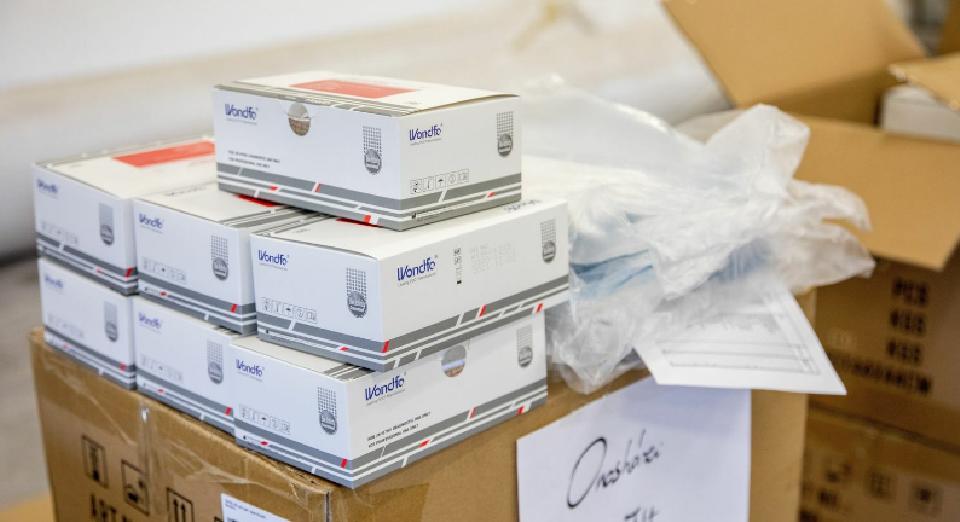This time again, the tests will be received by the general practitioners through the government offices, the delivery will start on Thursday and the tests will arrive at the practices by the end of November.
General practitioners and pediatricians also received 800,000 rapid tests in October in order to filter out suspected coronavirus patients from those presenting with symptoms of seasonal respiratory diseases. The general practitioner will still decide on the suspicion of coronavirus infection. They reminded: a symptom of a suspected coronavirus infection is a dry cough, fever, difficulty breathing, a sudden loss of smell or a disturbance in the sense of taste. In addition, based on the professional experience of the family doctor, other symptoms can also be considered suspicious.
Furthermore, the test must be performed in all cases where the symptomatic patient is a healthcare worker, social worker, social care worker, close contact of a confirmed coronavirus-infected person, or requires outpatient or inpatient care.
In order to establish a quick diagnosis in the case of a patient suspected of having the coronavirus, the family doctor performs the rapid antigen test at the family doctor's office when the patient presents himself, or he can decide to redirect the patient to a PCR sampling point, or if the patient's condition makes it necessary, he orders an ambulance to take samples at home - they wrote .
It was also announced that the PCR sampling will also continue to be carried out at the official price by the designated health care providers.
In the event of a confirmed infection, the official home quarantine continues for 10 days, and if the symptoms are severe, the family doctor will organize the patient's hospital care, they explained. On the government information page, attention was drawn to the fact that vaccination is the strongest protection against the virus. Unvaccinated people are most exposed to the severe course of the disease. Less than 1 percent of those vaccinated get sick, and the course of the disease is usually much milder than those vaccinated.
The chance of being hospitalized as a result of the infection is four times higher than in the unvaccinated, and the chance of being admitted to the intensive care unit is ten times higher, and in the case of certain chronic risks, it can be up to seventeen times higher.
The third booster vaccination is also very important, with this the body's defense capacity can be raised again to a high level of 80-90 percent - read on the koronavirus.gov.hu page.
Source and image: MTI












